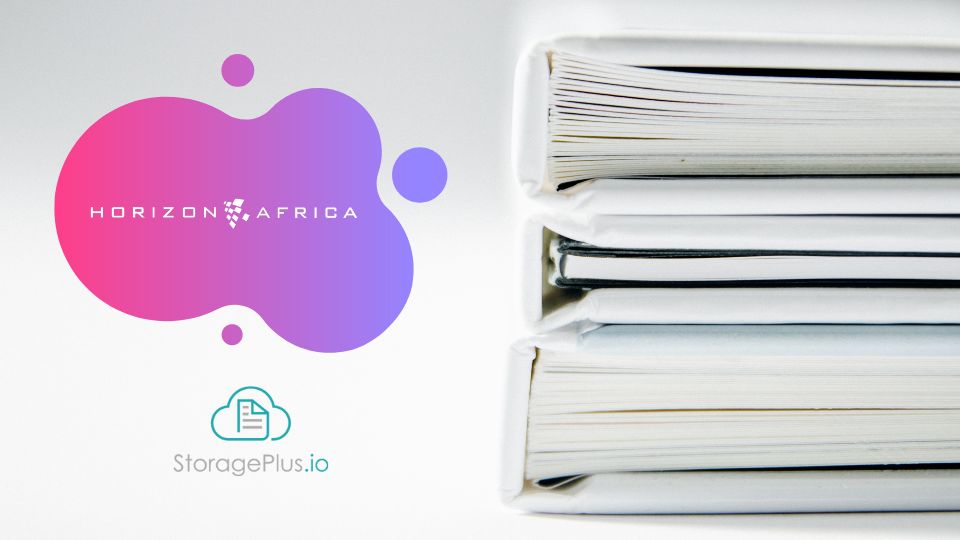- The Blockchain for Africa
- info@horizonafrica.io
Blockchain, Cryptocurrencies and Challenges for Regulators

The blockchain technology has taken the world by storm. Governments and regulators have initially been at odds with this technology, but are now slowly opening up to the many applications of this technology, including cryptocurrencies like Bitcoin and altcoins. However, there still remains a lot of challenges facing regulators in order for them to be able to understand the implications of this new technology and devise new regulatory structures to cater for new businesses and ideas.
Overview of the Blockchain Technology
When we refer to the blockchain technology, we are talking about a decentralized, peer-to-peer system, which relies on a system which does not have a single point of failure. An important aspect of blockchains are cryptocurrencies. The latter are often considered as alternatives to fiat currencies. However, cryptocurrencies have a dual role, acting as an alternative to fiat currencies but also acting as a security mechanism for ensuring the security of the network.
In a blockchain, miners have a huge responsibility of adding blocks of transactions and validating all these transactions. These are very expensive activities and require time and monetary resources. This is why miners are rewarded with cryptocurrencies, which need to have an inherent value based on demand, supply and scarcity. Bitcoin is an example of how a blockchain and its native cryptocurrency works together.
Regulations
In an ideal world, forward-looking countries should be proactively devising the necessary framework to promote innovations. Currently, regulations have been more reactive in nature, which represents a big roadblock to innovators and entrepreneurs who need to move fast. The work of regulators are aimed at strengthening the laws and regulations to basically fight fraud, corruption and money laundering. The importance of the work of regulators cannot be overstated but a question that often comes to the forefront is whether regulations make it more difficult for entrepreneurs and startups because of the administrative, regulatory and compliance burdens. Regulations and innovation are currently in a race where innovations will be ahead and regulations have to follow very closely. In general, implementation of regulations is key. What is often shunned by startups and companies engaged in FinTech are mere popular announcements without any real thought about real implementation of the measures.
Challenges for regulators
Regulators face a lot of challenges when they need to set up the required structure to properly regulate blockchain-based businesses and activities. Among the most important responsibilities of a regulator includes:
- the identification of ponzi and pyramid schemes which have already become part and parcel of so-called blockchain-based projects,
- the identification and categorization of tokens as securities representing a recognized asset or investment concept,
- the setting of proper regulatory frameworks for Initial Coin Offerings (ICO), Security Tokens Offerings (STO) and Initial Exchange Offerings (IEO),
- and, adapting to the state of flux in the highly technical world of blockchain and cryptocurrencies.
Partnership between regulators and entrepreneurs
It is crucial to have a partnership structure between regulators and entrepreneurs. Innovation is moving very fast and both of these parties are on a continuous learning curve. There has to be a co-learning and a co-sharing process. Traditional regulatory behaviour promoting fear, penalties, blacklisting and disqualification needs to be discouraged in favour of a more constructive structure. It is only when regulators and innovation experts come together that a right formula can be derived. Regulators will need to innovate and adopt different models to ensure that their work is more constructive in nature. For instance, having regular meetings with innovators and entrepreneurs which would include discussions and brainstorming sessions to set up proper helpful and non-restrictive regulations to actually help businesses.
Regulators acting as innovators
We tend to believe that there are two sides when we talk about regulations. On one hand, we have regulators and on the other hand, innovators. This is actually wrong. Regulators are innovators, because they need to constantly research and set up new frameworks, regulations and facilities to conduct business. The one thing that is missing though is the use of technology in regulatory activities. This is what is often known as RegTech - a marriage of Regulations and Technology.
In the future, AML checks could be done in real-time with regulators getting real-time alerts of any infringement, including the ability to block a transaction or an activity with a smart contract. Parts of regulatory frameworks are implemented in smart contracts which are completely transparent and devoid of any outside and unsolicited interference, where the rules are defined clearly and transparently. Anyone infringing upon the rules get real-time fines which are paid from a fund that they keep in terms of crypto assets.
Regulatory system for Initial Coins Offerings (ICOs)
Let’s take a very concrete example about a regulatory system around ICOs and STOs. The idea is to determine whether a company can be given a license to conduct an ICO or STO or even an IEO. The following steps and conditions could be used as an initial filtering system:
- Firstly know the team - Setting up a blockchain-based reputation system which provides a quick and precise idea of the reputation of the founder or founders.
- Second, study the whitepaper or any available technical documents. This is a very technical work but it is also about ensuring that information that is being disseminated are correct. This is important to counter issues like fake news, based on a blockchain-based document integrity system.
- Gated tokens - currently tokens are created in the wild. Gated tokens could be created, meaning that the functionality of the tokens in terms of being transferred and shared is restricted. This is the aim of using STOs. However, STOs are currently very vague in terms of what can be done.
- Token Sales - get inherent control over a token sale or a digital asset sale. If anything wrong is detected, any transaction can be quickly stopped or suspended. Transparent smart-contract based rules can even be defined to make this action quicker and less cumbersome.
- Funds Locking - together with token sales, locking funds unless some milestones are met can be an effective measure to mitigate any kind of malicious behaviour.
- User Reviews - use only blockchain-based transparent user review systems to get a general idea of an ICO, STO or IEO.





